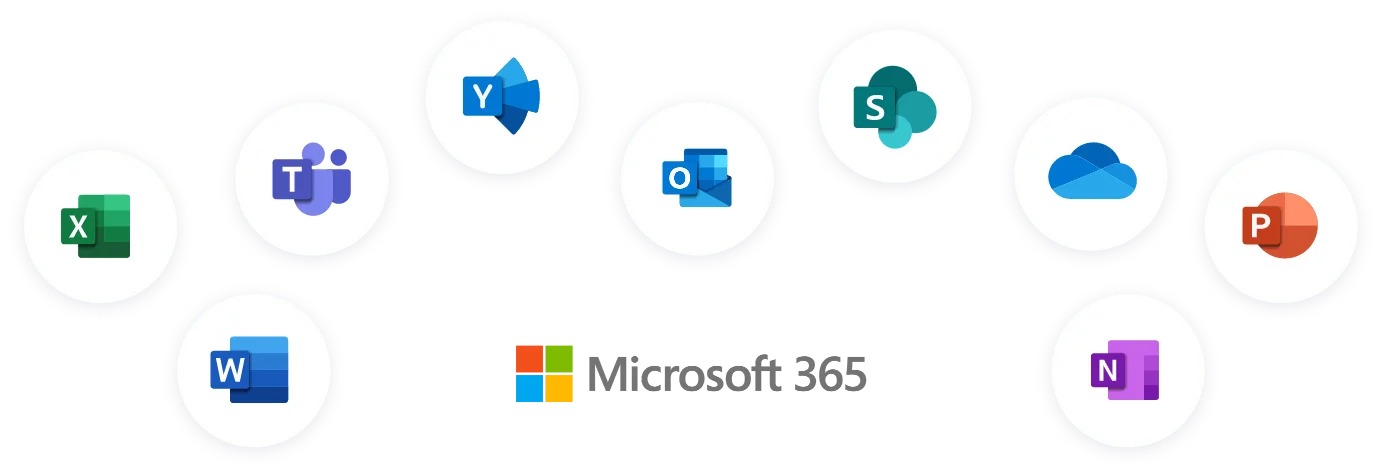

Salesforce to D365 migration refers to the process of transferring Business data and functionalities from Salesforce, a well-liked Microsoft cloud-based CRM software, to D365.

Organizations who have chosen to convert to D365 for a variety of reasons, such as cost-effectiveness, better connection with other Microsoft products, or the need for more advanced functionality, may find that this migration is necessary.

Nebulaa plan the migration carefully and involve experienced professionals to ensure it is performed smoothly and without data loss or downtime. Nebulaa also test & ensures that the new D365 system before going live all functionalities work as expected and avoid disruptions. Nebulaa has this capacity & expertise professionals to perform migration activity with Quality and timely delivery.

Cost effectiveness
Advance D365 Features
Flexibility in Customization
Scalability

The migration process entails extracting data from Salesforce, converting and mapping it to the equivalent fields in Dynamics 365, then importing the information into the new system. This might include sending information about accounts, contacts, leads, opportunities, and other relevant data.
Configuring Dynamics 365 to meet the unique business needs and requirements of the organization may also be a part of the migration process. Setting up customized fields, workflows, dashboards, and other features to support the organization's particular operations and processes falls under this category.
Improved integration: Dynamics 365 effortlessly connects with other Microsoft products like Office 365, Power BI, and PowerApps, providing a more unified environment for corporate operations and data analysis.
Greater functionality: In comparison to Salesforce, Dynamics 365 offers a more complete set of CRM, ERP, and business intelligence solutions.
Scalability: With a variety of plans and features that can be scaled up as the business grows, Dynamics 365 is made to accommodate the needs of growing businesses.
Customization: With configurable workflows, dashboards, and other capabilities that support your particular operations and processes, Dynamics 365 may be customized to your organization's unique needs.
Lower costs: For larger enterprises, Dynamics 365 has more affordable pricing than Salesforce, with a variety of plans and price options to suit various needs and budgets.
The migration process entails extracting data from Salesforce, converting and mapping it to the equivalent fields in Dynamics 365, then importing the information into the new system. This might include sending information about accounts, contacts, leads, opportunities, and other relevant data.
Configuring Dynamics 365 to meet the unique business needs and requirements of the organization may also be a part of the migration process. Setting up customized fields, workflows, dashboards, and other features to support the organization's particular operations and processes falls under this category.
Improved integration: Dynamics 365 effortlessly connects with other Microsoft products like Office 365, Power BI, and PowerApps, providing a more unified environment for corporate operations and data analysis.
Greater functionality: In comparison to Salesforce, Dynamics 365 offers a more complete set of CRM, ERP, and business intelligence solutions.
Scalability: With a variety of plans and features that can be scaled up as the business grows, Dynamics 365 is made to accommodate the needs of growing businesses.
Customization: With configurable workflows, dashboards, and other capabilities that support your particular operations and processes, Dynamics 365 may be customized to your organization's unique needs.
Lower costs: For larger enterprises, Dynamics 365 has more affordable pricing than Salesforce, with a variety of plans and price options to suit various needs and budgets.